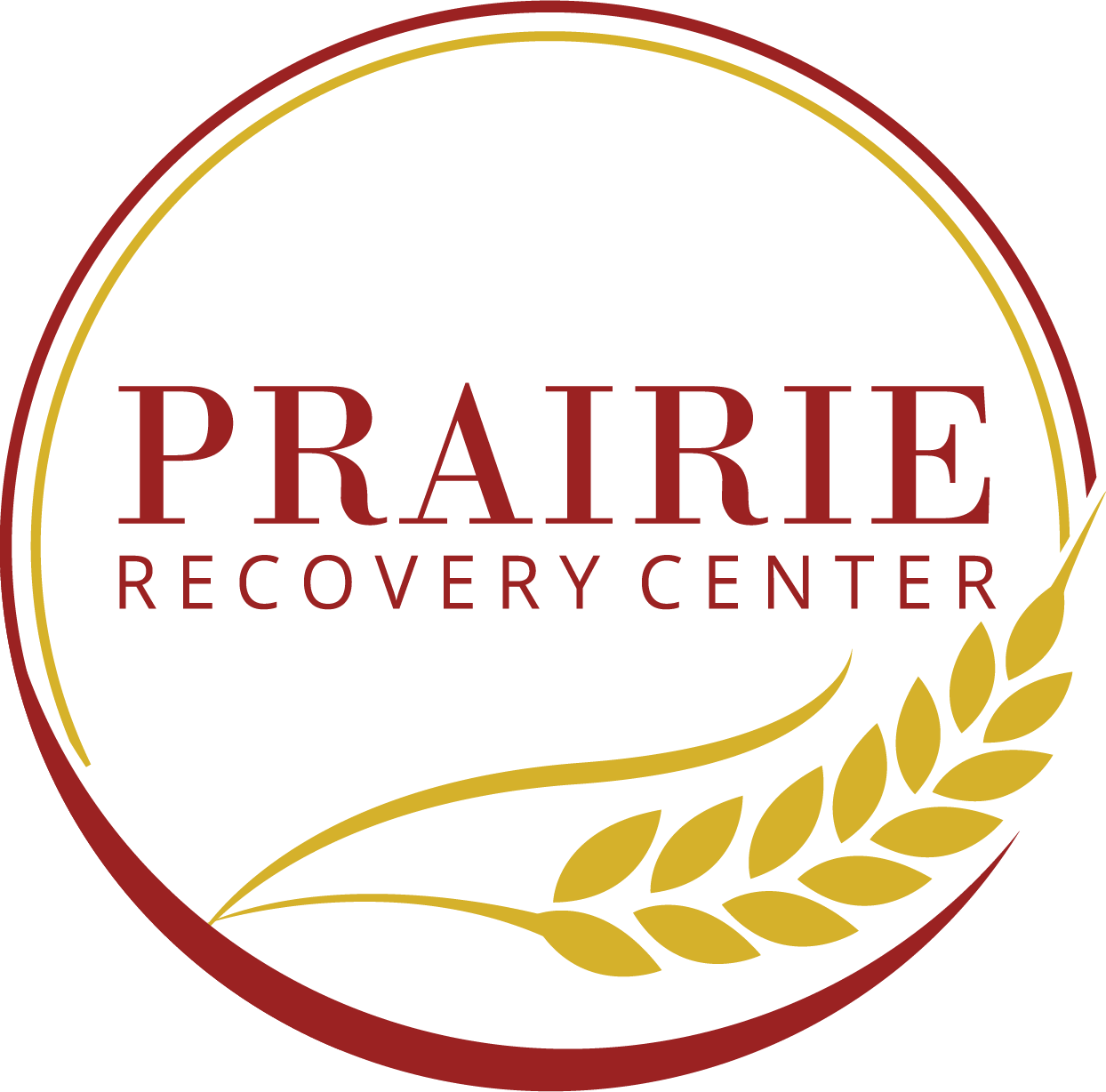Even two decades into the 21st century, many people still hold mistaken ideas about the nature of drug addiction. According to these outdated concepts, addiction is a sign of moral failure, personal inadequacy, or a lack of willpower. However, experts have long abandoned such notions. Today, they place addiction within the larger category known as chronic diseases.
At Prairie Recovery Center, we recognize that addiction is a disease and treat it as such. Every day, we rely on this model to provide expert treatment for people facing the effects of substance abuse in North Dakota. In addition, we offer a full range of holistic therapies designed to support your recovery. Learn more about how a drug rehab program at Prairie Recovery Center can get you or someone you care about back on the right track by calling [Direct] or filling out our online form.
Why Is Drug Addiction a Disease?
Why is drug addiction a disease? After all, most people voluntarily start abusing street drugs or prescription medications. No one is forcing them to do it. Doesn’t this mean that people choose to get addicted?
When it first begins, heavy substance use is voluntary. But is addiction a choice? The brief answer to this question is no. If you abuse a substance long enough, you will trigger certain changes inside your brain. These changes alter the brain’s chemical balance and parts of its structure. The eventual effect of such alterations is to turn voluntary substance use into a combination of physical drug dependence and psychological drug dependence.
Dependence is an involuntary state. Once it develops, you can’t simply wish it away. The same holds true for the compulsive, drug-seeking behavior that is a hallmark of addiction. Your brain no longer functions like it used to. This change can’t be undone without help and serious, concerted effort. Together, these facts put addiction squarely in the category of disease, not voluntary behavior.
Addiction Is Chronic and Not Short-Term
Experts have not only answered the question of why drug addiction is a disease. They have further identified the condition as chronic. Chronic illnesses don’t go away after a brief period of time. Instead, they linger on and continue to produce long-term effects. Like addiction, these diseases can and must be treated drug addiction rehab program for you to recover.
Setbacks Are Common and Not a Sign of Failure
When asking if drug addiction is a disease, there is something else to consider. Like people affected by other chronic conditions, people affected by addiction can relapse. In fact, about half of all addicted people will relapse at least once during recovery.
However, relapse is not a sign of defeat or an end to drug abstinence. Instead, it’s an opportunity to review your treatment plan and renew your recovery efforts. All addiction specialists at Prairie Recovery Center are aware of the possibility of relapse. They will work with you to help you get back on track as soon as possible.
Programs and Therapies at Prairie Recovery Center
Is drug addiction a choice? No. However, you can choose to get help and seek treatment. For more information on addiction as a chronic disease, contact the professionals at Prairie Recovery Center. We specialize in treating drug addiction in Utah, including opioid, stimulant, and benzodiazepine addiction.
With our help, you can cope with the effects of drug addiction and return to a stable, everyday routine with some of our many programs and therapies, including:
- Trauma-informed therapy
- Equine therapy
- Intensive outpatient therapy
- Nutrition and food therapy
- Cognitive-behavioral therapy
- Group therapy
- Art therapy
- Experiential therapy
Receive Proper Treatment for the Disease of Addiction at Prairie Recovery Center
So, is drug addiction a disease? Our team believes so, and our treatment programs are designed to treat the disease of addiction. If you may benefit from comprehensive and compassionate treatment for addiction, our Prairie Recovery Center team is ready to help. To learn more about our recovery options to help you overcome the effects of drug abuse, call us today at [Direct] or take advantage of our online form.


